“Go the extra mile. It’s never crowded.”
The Future Does Not Fit in the Containers of the Past. Edition 67
On Monday November 15, 2021, a gentleman named John Durham passed away in San Francisco, California after many years of struggling health.
What happened in the hours and days after news of his passing was initially shared with a list of two hundred plus of his friends would signal that someone unique, very special and very impactful was no more.
Social media flooded with tributes and stories. Here is just one feed:
https://www.facebook.com/thedurham
The email announcing the news of John Durham’s demise was so responded to and shared that Microsoft believed it was the work of a spammer and for those lucky enough to be on it looked forward to and hoped everybody would hit “reply all” every time they added a thought or their memories. Five days later the email thread continues to vibrate with ideas to honor the man, memories that stir tears and evoke laughter and unspool many anecdotes and stories.
John for over a decade would share a thought, a story, an observation, or an anecdote which came to be known as “Durhamism’s”. They were wise and they were funny. They made you hold in tears or spit out what you were drinking or eating since they were so funny. A request to sign up for a crowd sourcing project to take these writings and put them together in an electronic form prior to publication of a selection was oversubscribed within hours with CEO’s and leaders grabbing as many assignments as they could!
If the measure of a man is the lives he has touched, there is no tape or ruler long or deep enough to measure the impact of John Durham.
John was in many ways the fabric that connected and weaved together a global diaspora of what initially were digital marketing and media pioneers but grew to include people of every stripe from CEOs to students across industries and the globe.
I was one of those lucky to know John Durham. We were far more connected in the last two years of his life brought together by his being a generous champion of my writing and thinking which he asked me to leverage to the benefit of the many communities he cared about from University of San Francisco to the San Francisco Bay Area Interactive Group to his clients at Catalyst SF and many more. Almost every Sunday, he would write me kind words after he read this weekly thought letter.
Many people knew him much longer and far better and interacted with him almost daily and I have now begun to suspect there may have been many John Durham’s because surely one individual could not be so much to so many!
He was friend, mentor, counselor, teacher, advisor, family member.
And he was their sommelier, their sports buddy, their fellow traveler and the one who made them laugh.
The container that molded John was broken when he was born and we are unlikely to see someone like him again in the future, but his teachings can help guide us forward.
Here are just a few:
1.Be kind.
Durhamism #1117: “Kindness, like a boomerang, always returns. The kindest word in all the world is the unkind word, unsaid.”
George Saunders wrote “err in the direction of kindness”
John Durham erred so much in the direction he would be put in detention for life if there was a prison for the most kind.
But John showed that kindness was the key to unlocking everything and everybody and we all remember the little and big acts of grace, courtesy, and attention we got from him.
2.Be generous.
Durhamism # 1140: “Go the extra mile. It’s never crowded.”
Along with kindness the word and feeling that ran through John’s life and the tributes to him was his generosity.
He was always there for everybody.
And he was there before you knew you needed him.
A few weeks before my book was published John reached out of the blue and asked if he could hold an event in San Francisco. Typically, he phrased it in a way that he thought I was doing him a favor in supporting the San Francisco Bay Area Interactive Group by creating an event around the book launch! He got a sold-out crowd with so many leaders who had come for the Godfather and for “The Durham”, but John shone that spotlight on me.
Class act after class act of giving (including lots and lots of fine wine for the smallest of favors) and helping was his story.
3. Be grateful.
Durhamism #510: "What often screws us up the most in life is the picture in our head of how it's supposed to be. And the reason so many of us give up is because we tend to look at how far we still have to go, instead of how far we have come. Remember, life is a journey, not a destination. This moment, like every moment, is a priceless gift and an opportunity. Be positive, smile, and make it count. Pretend today is going to be great. Do so, and it will be. Research shows that although we think that we act because of the way we feel, in fact, we often feel because of the way we act. A great attitude always leads to great experiences.
John was a man who was increasingly sensitive to the finer shade of differences.
From a conversation to a fine libation to every interaction there was infused a sense of joy and of presence.
To be alive. To be there. To experience.
Gratitude.
4.Laugh! Laugh at life.Laugh at yourself.
John despite all his kindness and generosity had standards and could like all of us get angry and did not suffer fools. Here are two perspectives on this from funny to deep.
Durhamism #288: “Life is all about ass. You’re either covering it, kicking it, kissing it, busting it, trying to get a piece of it or behaving like one”
Durhamism# 2849: “The most wasted of all days is that in which we have not laughed. A man who can laugh, if only at himself is never really miserable. Laughter is the soul’s health; moroseness is its poison. Laughter is therapy for physical pain, emotional pain, and the everyday pain of life.”
5. Live deeply and with a sense of wonder.
For many years in his last decade John struggled with his health. There were many days he was in pain, but he was with almost everyone stoic and wanted to know about them and how they were. The passage of time and the shortness of life infused the way he lived.
In an interview he was asked about happiness.
What is happiness to you?
“I used to think about it a lot. I think happiness is what you enjoy doing; how you spend your day; what kind of people you associate with – both in work and in your personal life; the experience you have and how you think about all the things that you do, and the people surround you; places you’ve been to and places you want to visit.
My happiness is: number one, waking up every morning knowing that I am healthy. That means I care about my health and try to be healthy. Number two: doing something good every day. I want to smile every day. I think if you don’t smile, if you go to bed without a smile, your heart hurts. That means I care about smiling once or twice. I want to laugh once or twice a day. Some days I want to cry; sometimes I cry for happiness, sometimes for sadness.
I don’t believe you can be happy until you experience some negative things to appreciate what you do have. Happiness is the appreciation of things you have in life, and I do.
When I die, I want people to say: He was a good person, he was fun to be around, he shared his thoughts, ideas and believes, he cared about people, and he gave only good. That would be a very happy tombstone.”
If you are to give one advice to other people to be happy, what would that be?
“Appreciate every moment, everything, everybody, every day. When you do – it is breathtaking; you can never capture it again.”
Photographs by friends of John Durham.
If you are one of the 25,000+ weekly readers discovering this because of a social media post or a forwarded email please join 11,000+ subscribers to receive more writing like this every Sunday for FREE at rishad.substack.com .
Rishad’s workshops on eight different topics (Future, Change, Leadership, Growth, Re-Invention, Selling, Re-thinking Organizations for the Future of Work and Talent Beyond 2022) are customized and combined for each company and delivered live, virtually, interactively and globally to turbo charge the potential of people. Unleash, upgrade and unfurl your key competitive advantage in ways that are fast, have force and are financially prudent . More at https://rishadtobaccowala.com/workshop
Rishad Tobaccowala (@rishad) is the author of the bestselling “Restoring the Soul of Business: Staying Human in the Age of Data” published by HarperCollins globally in January 2020. It has been described as an “operating manual” for managing people, teams and careers in the age we live in and The Economist Magazine called it perhaps the best recent book on Stakeholder Capitalism. Business and Strategy named it among the best business books of the year and the best book on Marketing in 2020. Rishad is also a speaker, teacher and advisor who helps people think, feel and see differently about how to grow their companies, their teams and themselves. More at https://rishadtobaccowala.com/

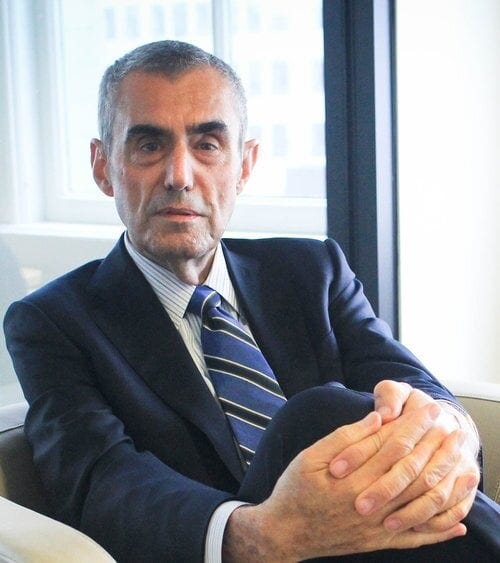
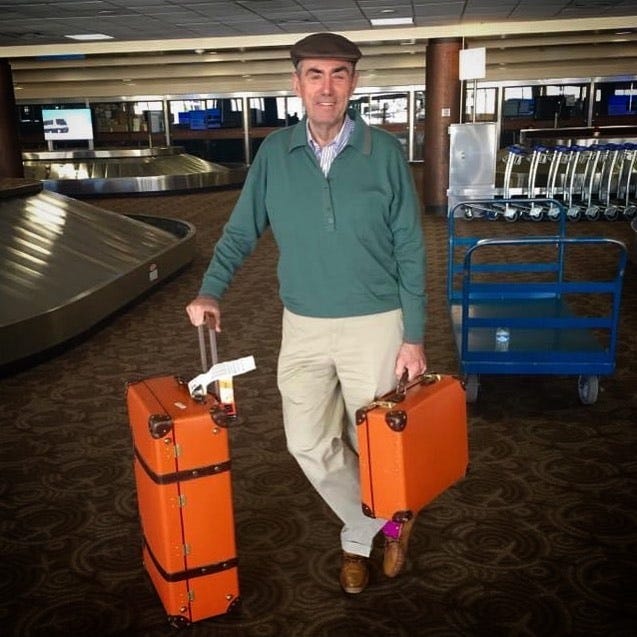
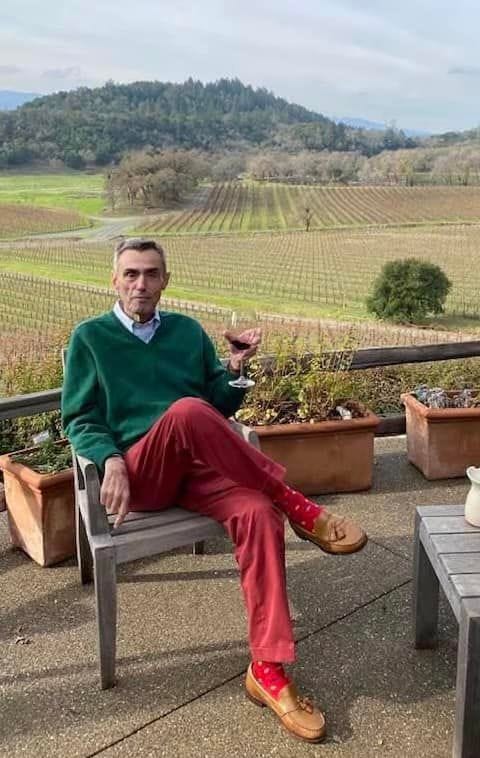
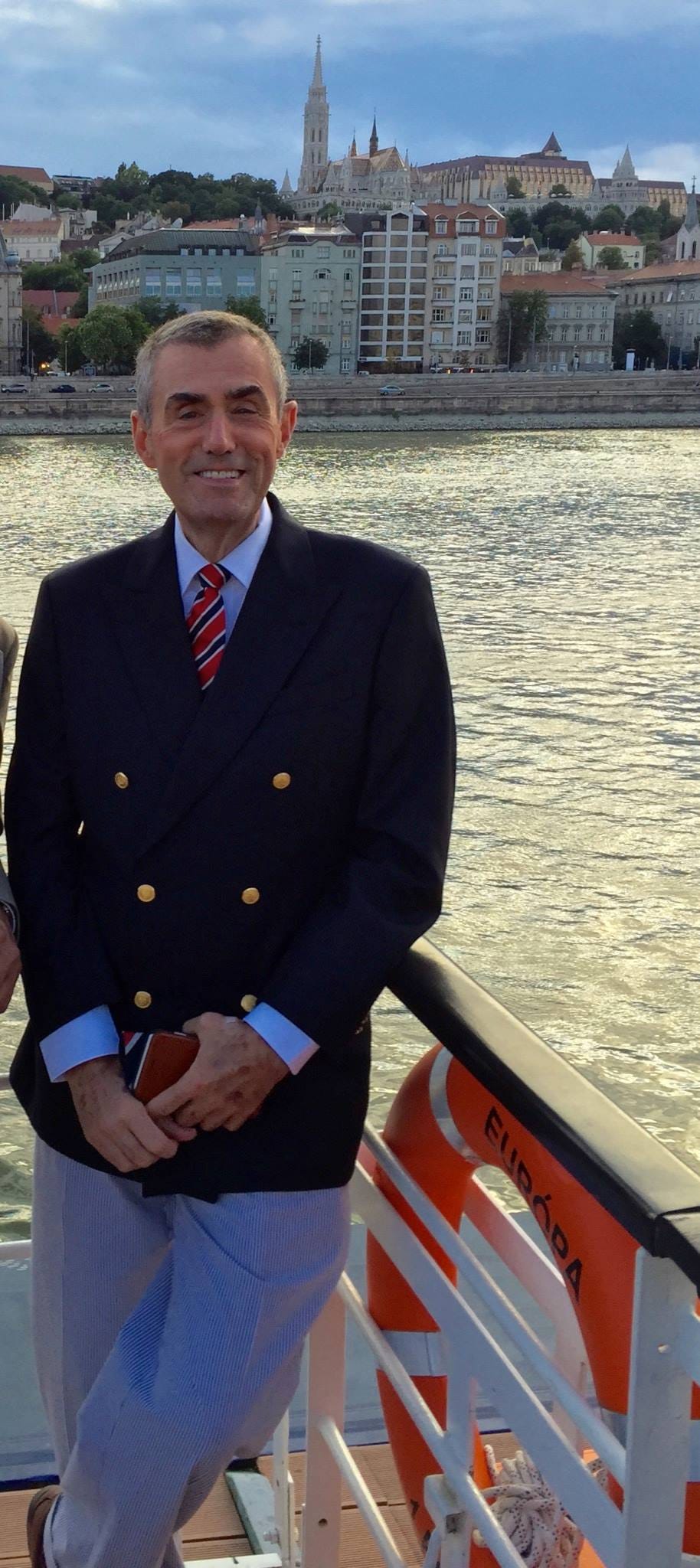
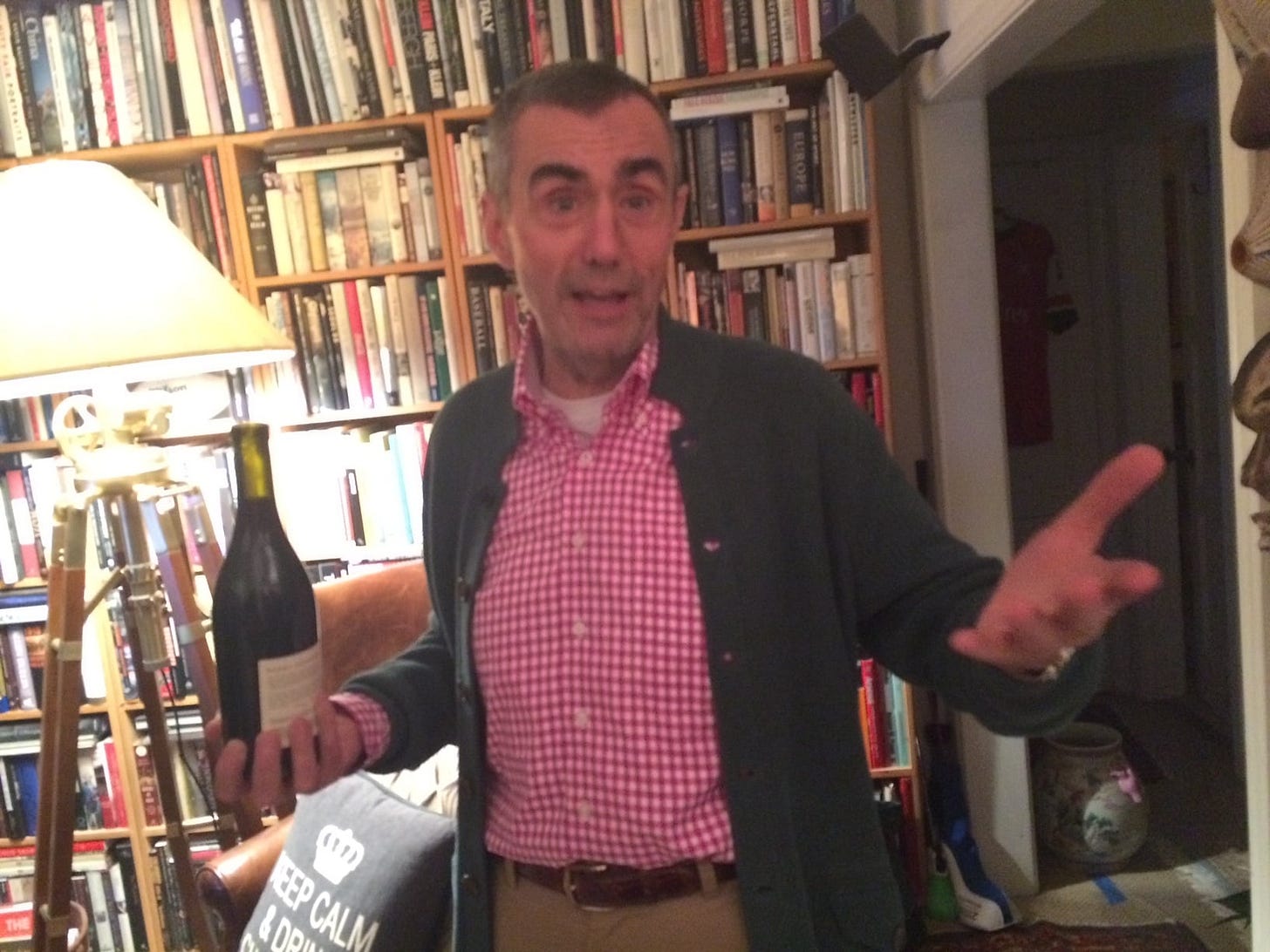

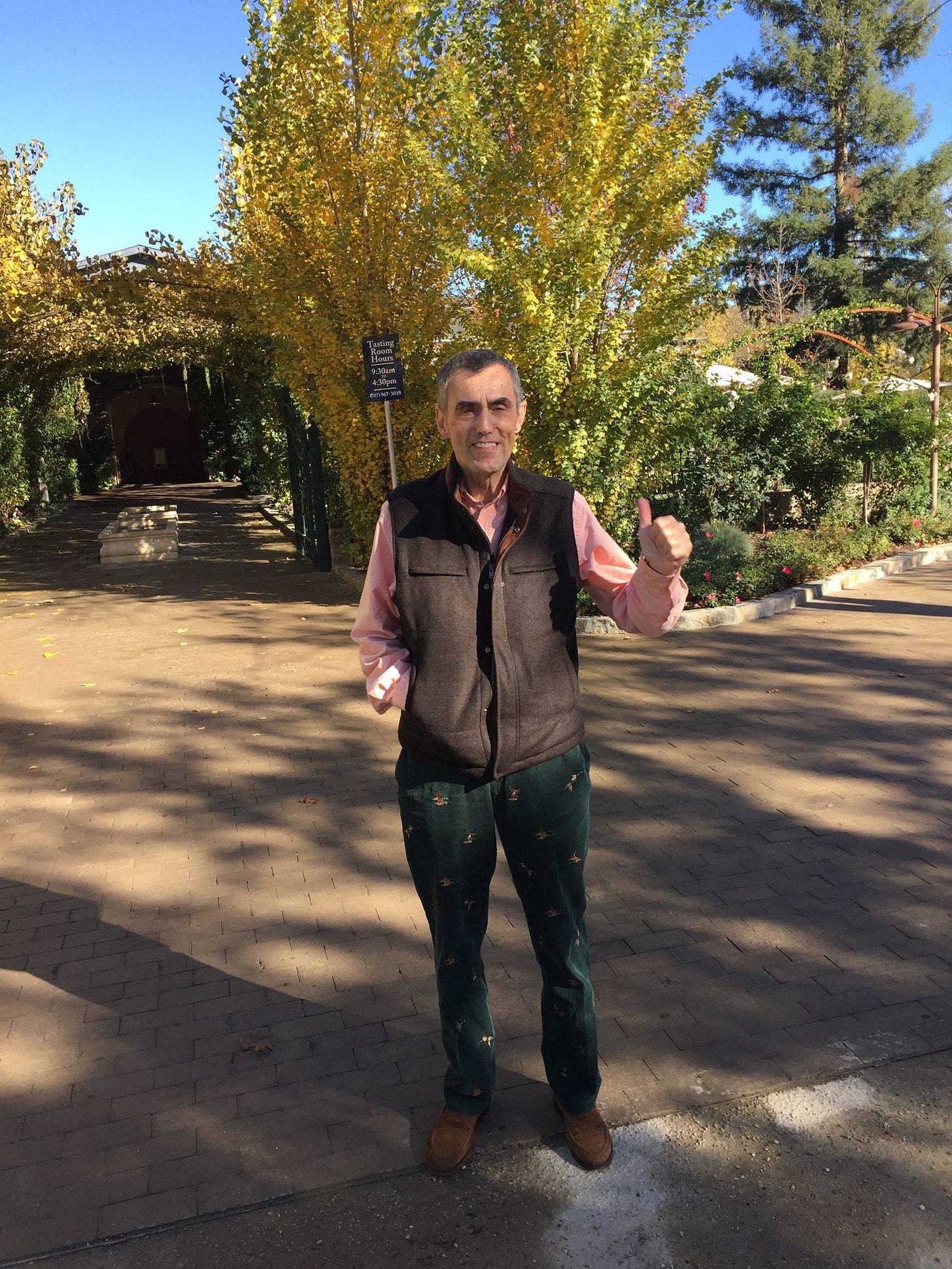
beautiful post, well said
Lovely generous post about a wonderful human being, thank you @rishad for bringing a ray of light to a Monday morning...